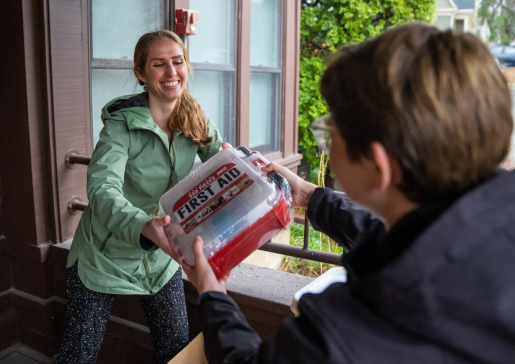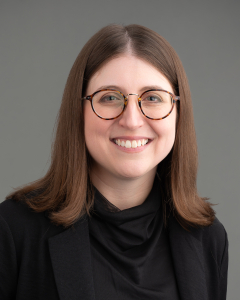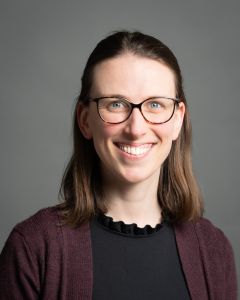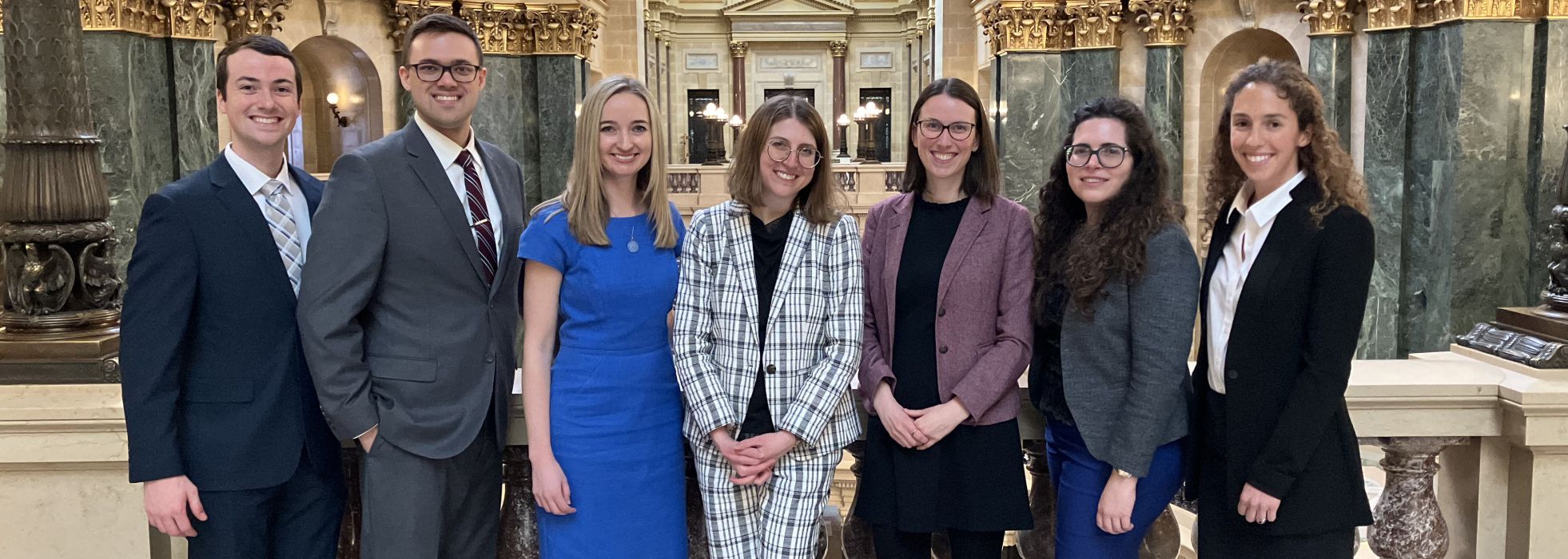Promoting Local and Domestic Health Equity
The Health Equity Pathway helps trainees understand the interconnectedness of social, environmental, health, and personal factors that impede health equity and how to mitigate their effects.
You'll gain skills and experience that empower you to advocate for your patients and promote health equity for all members of the community.

Program Structure
- Objectives
The Health Equity Pathway provides the tools and experience to:
- Identify social, behavioral, environmental and biological factors that contribute to specific individual and population health outcomes (Equity)
- Provide culturally effective care in diverse settings (Humility)
- Practice and appraise skills physicians can use to advocate for health systems change (Advocacy)
- Identify best practices for community-engaged interventions that improve health equity (Community)
- Produce a scholarly product that demonstrates proficiency in one or more of the above objectives (Scholarship)
- Curriculum
- Participate in six annual health equity workshops led by faculty and community-based experts to learn about health disparities and how to address these disparities and improve health outcomes
- Complete twelve online, asynchronous activities to meet the four core milestones: Equity, Humility, Advocacy, Community, Scholarship (see Objectives above for definitions)
- Choose three activities from each milestones that fit your learning and career goals: for example, listen to and reflect on a podcast about racial disparities in healthcare, reflect on case-based humility vignettes, participate in a community partnership, draft a letter to the editor
- Scholarly Activity
Trainees will define a health equity project with a faculty mentor. This could be in the form of educational materials for their colleagues (e.g., creating a new learning activity for future Pathway participants), original research (poster, oral presentation, abstract or publication at any national or international meeting), QI project to reduce inequities, or a community-engaged project (e.g., working with a local organization to write a grant or produce a community publication).
Health Equity Pathway participants can also gain advocacy experience at Wisconsin Doctor Day at the Wisconsin State Capitol.
Health Equity Pathway participants will present an equity/advocacy topic at the internal medicine residency program's Advances series. In this Grand Rounds-like lecture, residents present a coached and evaluated systemic literature review of primary evidence.
View Health Equity Pathway participants' scholarly projects (PDF)
What Trainees Say About the Health Equity Pathway
"I loved learning from experts who work in a variety of fields inside and outside medicine… The Health Equity Pathway invited fantastic folks to lead interactive workshops throughout the year. I left each one feeling inspired and reminded of why I went into medicine in the first place: to make people's lives better."
"Advocating for patients at the capitol building during the legislative visit this past spring was really meaningful… Navigating policy reform is intimidating at any level, and this experience showed me how important it is to show up for our patients in this way. We are uniquely positioned to impact patients' lives, both inside and outside the hospital, and I appreciate the chance to develop these skills during residency."
Program Leadership

Program Director
How to Participate

Program Coordinator
Contact Abby to learn more about the Health Equity Pathway.
